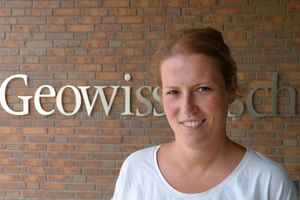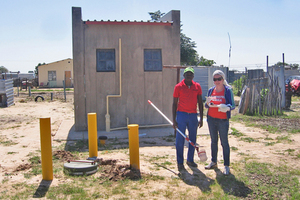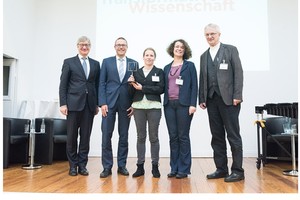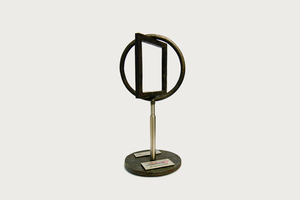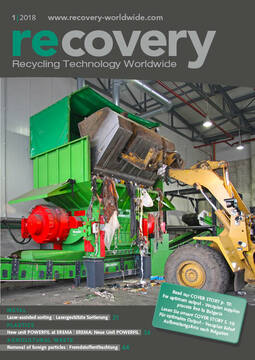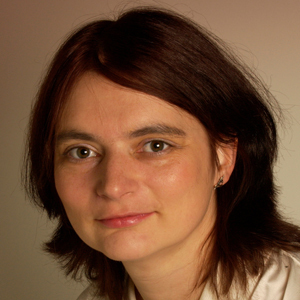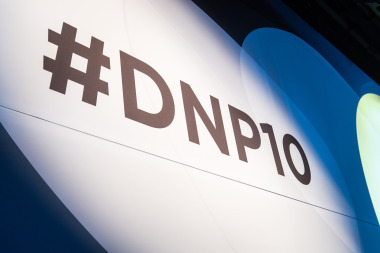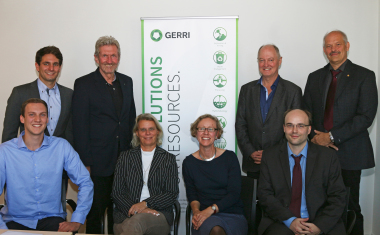Transformative Science Research Prize
In 2017, the „Transformative Science“ research prize has been offered for the first time by the Wuppertal Institute and the Zempelin Foundation in the Donors‘ Association for the Promotion of Humanities and Sciences in Germany (Stifterverband).
The „Transformative Science“ research prize focuses on all forms of research that spark and promote social impetus and thus involve civil society. Transdisciplinary research design plays a significant role in this. The research prize is endowed with 25 000 €. The money is awarded to prize winners for their project ideas in the field of transformative science. This year, for the first time, the Wuppertal Institute has awarded the research prize, which is funded by the Zempelin Foundation in the Donors‘ Association for the Promotion of Humanities and Sciences in Germany (Stifterverband). The Wuppertal Institute sees it as recognition of its achievements in this field that the Donors‘ Association commissioned the Institute to coordinate the award of the Zempelin Foundation-sponsored prize for „Transformative Science“.
The 2017 winner
The winner of „Transformative Science“ research prize has been selected: Dr. Laura Woltersdorf impressed the jury with her concept in which she designed, implemented and consolidated an integrated evaluation system for sustainable water resource management. As part of the research project, „CuveWaters“, carried out at the Institute for Social-Ecological Research (ISOE), Dr. Laura Woltersdorf developed an integrated evaluation system for sustainable water management in Namibia. „The use of non-conventional water resources, such as purified, reused municipal (waste) water and harvested rainwater, helps to utilise the water resources that are available locally in a more efficient and productive way,“ says Dr. Woltersdorf.
With her sustainability assessment, the scientist demonstrates which technology options are ecological in areas with limited water resources, or are socially and economically beneficial for fighting poverty as well as most effective under the existing local institutional conditions and technical possibilities. In order to develop the concept, she worked closely with local stakeholders and integrated their empirical knowledge: the concept therefore made a significant contribution to decisions affecting water management in the region and enjoyed high public acceptance. Laura Woltersdorf currently works at Goethe University Frankfurt as a post-doctoral researcher in the Hydrology Research Group at the Institute of Physical Geography. At the institute, her work focuses on methods of transdisciplinary research and links between social and natural sciences.
The winner will use the prize money to advance her transdisciplinary research: „I will use the prize money for my research, particularly to further develop my integrative methods. I would also like to give the international research community an understanding of my results and thus extend my network,“ says Dr. Woltersdorf.
The jury and its selection criteria
The jury attaches great importance to the social relevance of the subject and to the quality and innovative character of the research design. The prize winners are expected to be role models for other researchers. The jury agreed that Laura Woltersdorf‘s work was an outstanding example of a transdisciplinary research project in the context of development cooperation.
The seven members of the jury are:
Prof. Dr. Claudia Hornberg from the University of Bielefeld, Faculty of Health Sciences; working group 7 Environment and Health
Prof. Dr. Heike Köckler from the Hochschule für Gesundheit (University of Applied Sciences), Dean of the Department of Community Health, Professor for social environment and physical health
Prof. Dr. Jasmin Mantilla-Contreras from the University of Hildesheim, Institute of Biology and Chemistry; working group for Ecology and Environmental Education
Prof. Dr. Wolfgang Marquard, Chairman of the Board of Directors of Forschungszentrum Jülich Research Centre
Dr. Volker Meyer-Guckel, Deputy Secretary-General and member of the executive board of the Donors‘ Association for the Promotion of Humanities and Sciences in Germany (Stifterverband), Head of „Programmes and Funding“
Prof. Dr. Roland Scholz, Chief Senior Scientist and visiting professor at the Danube University Krems
Dr. Steffi Ober, Initiator and Head of the „Civil Society Platform ‚Forschungswende‘“
The Wuppertal Institute will organise the call for entries for the „Transformative Science“ research prize and select the award winner for an initial period of five years. The Zempelin Foundation is making funds totalling 250 000 € available, which will be used for the call for applications, the selection process and the award ceremony, as well as an accompanying symposium. By allocating the funds to the Wuppertal Institute, the Zempelin Foundation is aknowledging the Institute’s outstanding commitment to developing the area of transformative science. The „Transformative Science“ research prize will be awarded on an annual basis.

